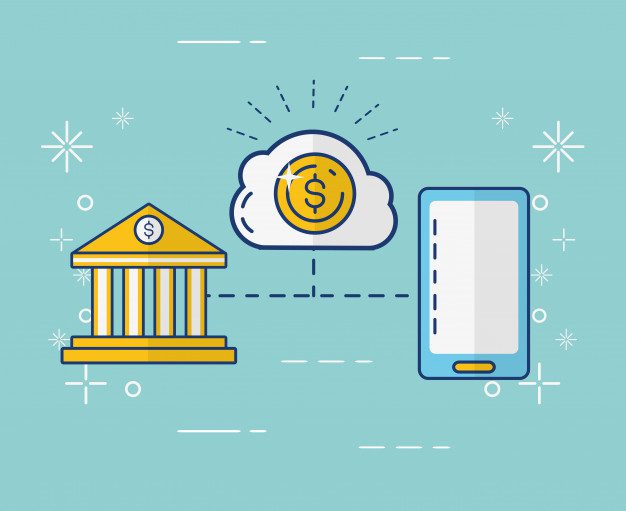This WSJ article is correct in saying our banking system disregards the needs of the unbanked in discussing the need for digital currencies. It fails, however, to consider important issues, such as if the “digital currency” will retain its value. In other words, will it be like Bitcoin–if you lose it, you lose your money–or will the digital currency instead provide access to an account that stores the value until spent?
In the U.S., regulators and banks much prefer an account-based solution, as it makes it much easier to track money. This article doesn’t take these issues into account:
“The key to understanding digital currencies is the relation between money and payments. Money is “that which pays.” In a physical payment system, the money takes the form of coins or paper. A digital system is simply one that allows a person to debit his own account while simultaneously crediting someone else’s account—paying that other person—in real time with the click of a mouse or stroke of a key.
Congress was considering creating an electronic payment platform that all U.S. citizens, legal residents and businesses could access, free of charge, to make and receive payments. Users wouldn’t be required to have bank accounts; their digital wallets would be their accounts. The U.S. Treasury could simply credit economic relief payments to those who qualify.
Other countries have been developing digital versions of their national currencies in recent years. Central-bank digital currencies in Sweden and China, for example, are quite far along. Sweden’s e-Krona test went operational in February.
There are several ways to streamline and universalize an American national payment system. One easy way would be to build on the existing network of TreasuryDirect accounts. Any citizen or legal resident of the U.S., including any business, can open a digital account with the Treasury through which to transact with it. Accounts take five minutes to open and begin using. All the country would need to add is peer-to-peer connectivity between accounts, and then allow dollars to flow over the network.
Money and payment systems are essential public utilities. That’s why you don’t pay fees to use nickels or dollar bills. As money goes digital, so must the ways that people access payment systems—and nobody should be charged rents to do so. Always in the public interest, a national digital payment platform has become a necessity during this pandemic. Congress should give it a second look.”
Overview by Tim Sloane, VP, Payments Innovation at Mercator Advisory Group
